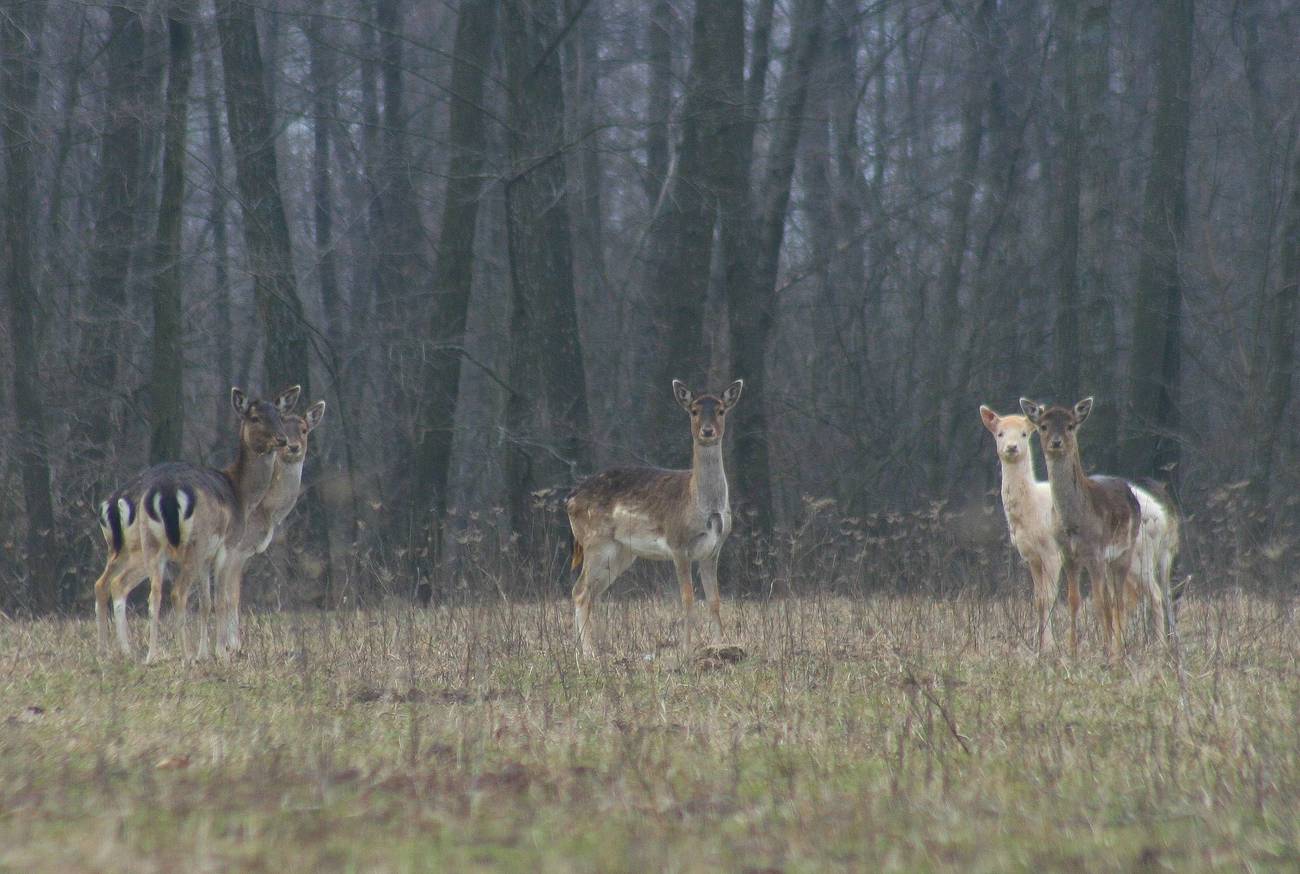Rescuing animals during disasters – Europe
save human lives by saving animals before, during and after disasterswar in Ukraine has devastating consequences for biodiversity
war in Ukraine has devastating consequences for biodiversity

(The Hague, 24 February 2023) – One year on from the start of the war in Ukraine, experts have found the environment has been heavily impacted and ecosystems have been destroyed.
Figures confirmed by the Ministry of Environmental Protection and Natural Resources of Ukraine show 20% of protected areas, 600 animal species and 750 species of plants and mushrooms have been affected.
Ukraine, the second largest country in Europe and home to 35% of European biodiversity, has a huge variety of natural habitats including pristine grassland and ancient forests, some of which have been destroyed. These irreplaceable habitats are natural carbon sinks to combat global warming but are also home to thousands of species.
It will take decades to rehabilitate some of the natural areas in the South and East of Ukraine, but as IFAW points out, there is damage to marine life as well.
Dolphins, for example, are disturbed by mines and low-frequency sonar. Since February 2022, thousands of them have washed up on Black Sea beaches. Migratory birds are also affected, as their migratory routes pass over conflict zones. Disoriented, they have to change their route without landing and become exhausted.
"It is very difficult to quantify the environmental damage caused by the war at this time, especially since the fighting is still going on and several regions are still occupied," explains Céline Sissler-Bienvenu, IFAW Program Director for disaster response in Europe. “We know from the Ministry reports that already over 300 million m2 of Ukrainian land has been polluted, which has a very significant impact on animals and people, also long after the war is over.”
The war is destroying crucial ecosystems, exacerbating deforestation and increasing the risk of forest fires. "Since the war began, more than 1,000 forest fires have started during combat, generating 33 million tons of CO2. The bombing of fuel depots has also caused tons of chemicals to spill into the environment," says Charlotte von Croÿ, IFAW Program Officer for disaster response in Europe.
During the war, IFAW’s focus has been on working with local organizations to help rescue and evacuate captive wildlife from zoos, sanctuaries, and other locations. This includes bears, bats, caracals, and four young lion cubs and a black leopard cub. When the war is over and landscapes are safe enough (have been demined), IFAW will support authorities in establishing a network of regional centers for the rescue and rehabilitation of wild animals.
ENDS
Press contact
Media assets are available via this Hightail link.
For questions or interviews, please contact:
Annelyn Close
Communications Manager
+31 6 3900 8592
aclose@ifaw.org
Related content
Every problem has a solution, every solution needs support.
The problems we face are urgent, complicated, and resistant to change. Real solutions demand creativity, hard work, and involvement from people like you.